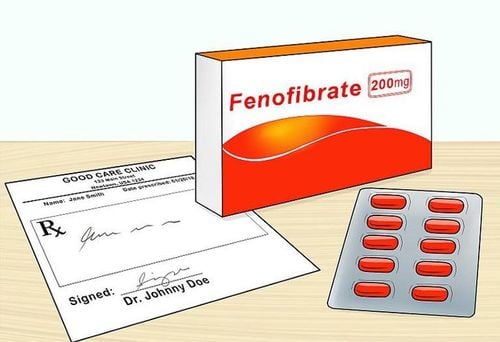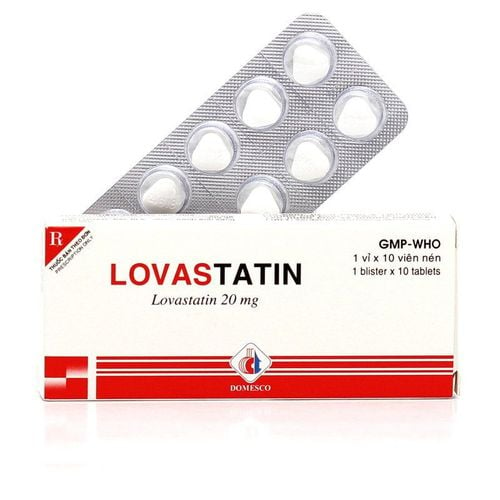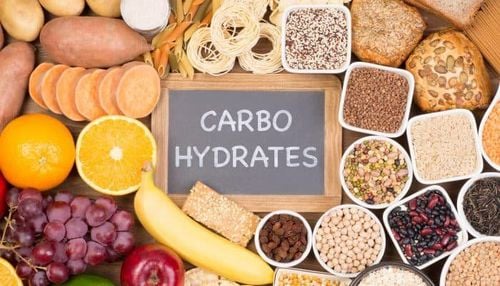This is an automatically translated article.
Proteins are essential nutrients for the human body as well as animals. Protein structure and function help make up biological organisms and are an important source of energy for life activities.
1. Protein structure and function
1.1. What is protein? Proteins are one of a group of complex molecules that are important components of every cell and are responsible for carrying out all functions in the body. The body uses protein to build and repair tissues, as well as produce enzymes, hormones, and other body chemicals. Protein builds hair, nails, bones and muscles, and helps tissues and organs stay in shape and function properly. In short, protein is one of the basic building blocks that contribute to the human being.
1.2. Functions of protein in the body Emergency source of energy When there is a shortage of energy, the body will prioritize to get its reserves from carbohydrates and fats, while protein ranks only third. But when you're low on calories, or if you're a professional athlete, the structure and function of protein helps to push through the normal energy limits for continued activity.
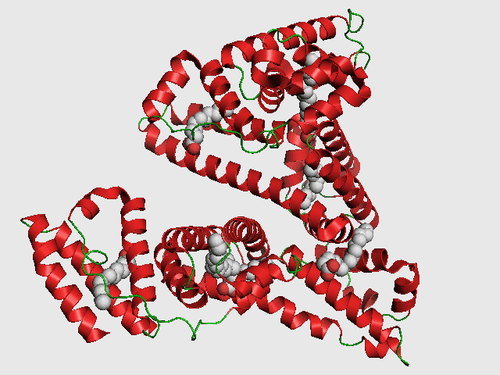
Hình ảnh mô phỏng phân tử protein
Build muscle The body needs protein to accommodate the size and shape of muscles. When you lose weight, protein keeps you from losing a lot of muscle at once. For someone who regularly lifts weights to build strength, protein is the key to building more muscle.
Strengthens bones Studies show that getting the right amount of protein in your diet improves bone health. Protein structure and function reduces the risk of osteoporosis (bone loss) by keeping bone density stable and preventing fractures in old age.
Strengthen the immune system Proteins are made from amino acids - compounds that help T cells, B cells and antibodies in the immune system detect and destroy harmful foreign components, invade enter the body, thereby preventing the risk of infection.
Cut down on cravings Craving is different from a real need to eat, cravings come from the brain, not from the stomach. Clinical studies show that adding protein to the menu can help curb cravings, even late-night snacking. Experts say that a high-protein diet increases feelings of fullness and reduces hunger compared to a high-fat or high-carbohydrate diet.
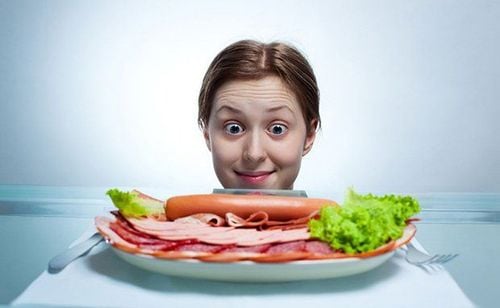
Protein giúp giảm cảm giác thèm ăn về đêm
Burn fat, lose weight High enough protein in the menu will increase metabolism (the speed at which the body uses calories). Protein is also easily converted by the body into glucose for energy, while converting carbohydrates or fats into glucose requires twice as much exercise. This means you'll burn more calories - even at rest, as long as you stick to a high-protein, low-carb, and low-fat diet. On average, eating more protein for 6 months helps you lose about 2kg more than other diets. However, after the above time they begin to lose their effectiveness, so people should not maintain this diet menu for long.
Cardiovascular support Studies on proteins, specifically plant-based proteins, show that this substance has the ability to lower blood pressure. Protein can also lower levels of LDL, or bad cholesterol, which in turn reduces the risk of heart disease. However, animal foods that are high in protein are often also high in saturated fat, which increases the risk of heart disease, stroke, diabetes and certain types of cancer. So consider choosing proteins from healthy food sources.
Wound healing Protein aids in faster wound healing by reducing inflammation and creating new tissue at the site of injury. This is also one of the reasons that protein is called the basic building block of the body, a component that is always present in tissues and organs.
Transporting nutrients Assuming that the blood flow in the body is a river, proteins are the cargo ships (including vitamins, minerals, sugars, cholesterol and oxygen) that transport them into cells and tissues to function properly. Proteins even store some nutrients, such as iron, so they're ready to go when the body needs them.
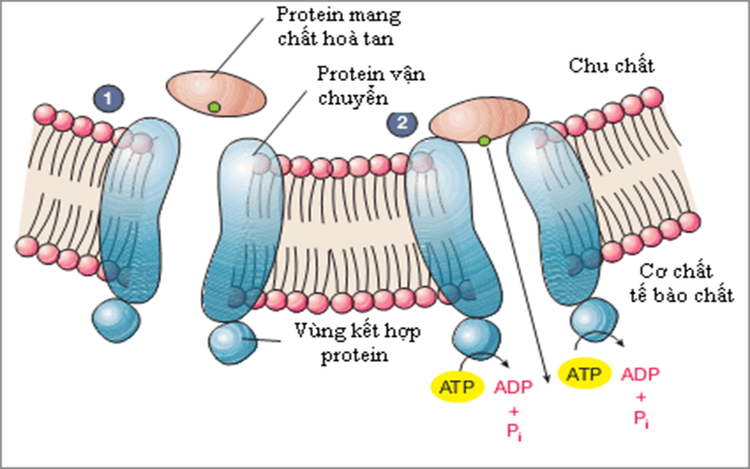
Protein như một cầu nối giúp tế bào hấp thu chất dinh dưỡng
2. Add protein in the diet
Nutritionists recommend getting protein from the following sources:
Fish: Provides heart-healthy omega-3 fatty acids and is lower in fat than meat; Poultry: You can get rid of most of the saturated fat if you don't eat the skin; Beans: Contains the most plant-based protein, and also high in fiber to help you feel full for hours; Nuts: 28g of almonds gives you 6g of protein, roughly the amount found in 28g of rib eye steak; Whole grains: One slice of wholemeal bread provides you with 3g of protein, along with fiber that has many nutritional values. Proteins come in many different forms. You should prioritize access to healthy, low-fat protein sources, while staying away from saturated fat and processed (canned) foods. Protein should be consumed evenly throughout the day rather than cramming too much into one meal. In addition, do not forget to add fruits and vegetables to receive more vitamins and minerals, fiber.
3. Limitations of a high-protein diet
Many low-carb eaters think they can consume as much protein as they want to lose weight. But nutritionists advise caution because when you eat a lot of protein but little carbohydrates, the body's metabolism will enter a state called ketosis, causing the release of ketones into the bloodstream for energy. Ketosis, which also occurs in diabetes, tends to suppress appetite, causing people to eat less, while also increasing the excretion of fluid in the urine, leading to dehydration.

Ăn thức ăn chứa nhiều protein có thể khiến cơ thể bị mất nước
This diet may trade off short-term benefits (weight loss) for long-term health consequences. One of the risks is high levels of ammonia in the body to break down proteins. In addition, there is evidence that high-protein diets often excrete excess calcium in the urine, leading to osteoporosis. The American Heart Association warns that by focusing solely on protein sources and skipping carbs, dieters may be getting too much salt and not enough calcium, potassium, or magnesium in the types found in fruits, vegetables, and whole grains. . It is also the best source of vitamins, fiber and antioxidants, which help prevent disease.
A high protein diet has many benefits, but consuming too much will harm your health. Possible risks include a higher risk of cancer, increased cholesterol, kidney stones, weight gain, and constipation. However, much of these potential side effects depend on the types of protein you're getting, as well as your overall diet. So consult with your doctor or dietitian about how a protein supplement is right for your individual needs.
In order to improve the quality of examination and treatment services, Vinmec International General Hospital has put a system of modern facilities and standard equipment into operation for medical examination and treatment processes. Especially at Vinmec, there is always a team of doctors and nurses ready to listen, advise and treat diseases as well as advise on nutrition and good food for children, adults and the elderly.
Customers can directly go to Vinmec Health system nationwide to visit or contact the hotline here for support.
References: webmd.com, .webmd.com




